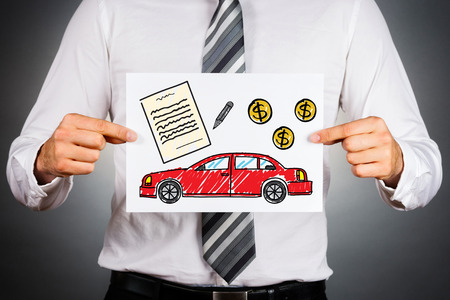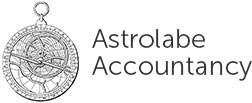Is it better to buy or lease a business vehicle?
 If you need a vehicle to operate your business, you may wonder whether it makes more sense to buy or lease.
If you need a vehicle to operate your business, you may wonder whether it makes more sense to buy or lease.
On the one hand, if your business owns the car you’ll have a long-term asset and may qualify for more tax deductions. On the other hand, buying a car is a huge expense and monthly lease payments tend to be lower than car loan payments; they may also be tax deductible.
Learn more about the benefits and drawbacks of buying versus leasing a vehicle for your business:
Why buy a company car?
The major benefit to purchasing a car is that it becomes a company asset that offers a number of perks for business owners:
- You can write off your fuel and maintenance expenses
- Your interest payments on a car loan and depreciation costs may also qualify as eligible business expenses
- You may enjoy lower insurance rates on a vehicle owned by your business than one that is leased
The big con for many business owners is that buying a car is a major expense—one that may require you to finance a depreciating asset. You will, however, maintain the residual value on your investment as you pay it off, and once you own the car you can use it for as long as it can do its job.
If you decide not to buy a vehicle but to use a personal vehicle for business, you may claim a personal deduction come tax time. You can either claim 66 cents per business kilometre travelled up to 5000 kilometres per year; or keep a logbook of business trips to determine the percentage of vehicle expenses you can claim. The rules are different for a commercial vehicle, such as a utility with a capacity of more than one tonne. You do not need to keep a logbook to estimate the business percentage; on the other hand the cents per kilometre method is not available.
The pros and cons of leasing
For many small business owners, leasing a company car is the more attractive option. Typically, it comes down to cost and cash flow. When you lease a vehicle you won’t have to come up with a down payment or collateral. Also monthly lease payments tend to be lower than car payments.
The flip side, however, is that leasing tends to cost more in the end; and those affordable monthly payments won’t add up to an asset for your business. Another point to keep in mind is your insurance requirements may be different and amount to higher fees.
Also be aware of the maximum number of kilometres stipulated in your lease agreement; if you exceed the limit it can also mean additional fees at the end of your payment term.
If you’ll be putting a lot of kilometres on a car, leasing allows you to upgrade to a new car regularly. This may allow you to dodge costly repairs on an ageing vehicle.
As a final note on the “plus” side, just like business owners who purchase their company vehicle, those who lease can claim some of their business-related car expenses.
Novated Lease
A novated lease is often used when providing a car to an employee. A novated lease is a three way contract between the finance company, the business and the employee. The business agrees to make the lease payments while the employee remains employed; if the employee leaves he or she is responsible for the future payments.
The advantage of a novated lease that the business is not left with an unwanted car if the employee leaves.
Final considerations
Before you commit to buying or leasing a company vehicle, do a cost-benefit analysis. Take note of the car’s total cost over the car loan or lease term including:
- Monthly payments, including interest
- Anticipated annual kilometres travelled
- Maintenance, fuel, insurance, and other related costs
- The value of the car at the end of the lease vs. the ownership period.
Talk to your accountant about which expenses you can claim on your income tax, whether you choose to lease or buy.
At the same time you may want to seek advice on how to track your company car costs accurately and efficiently. Keeping good records is a must to make sure you don’t miss any eligible deductions for your company car; and so you have everything in order if you ever face an audit.
